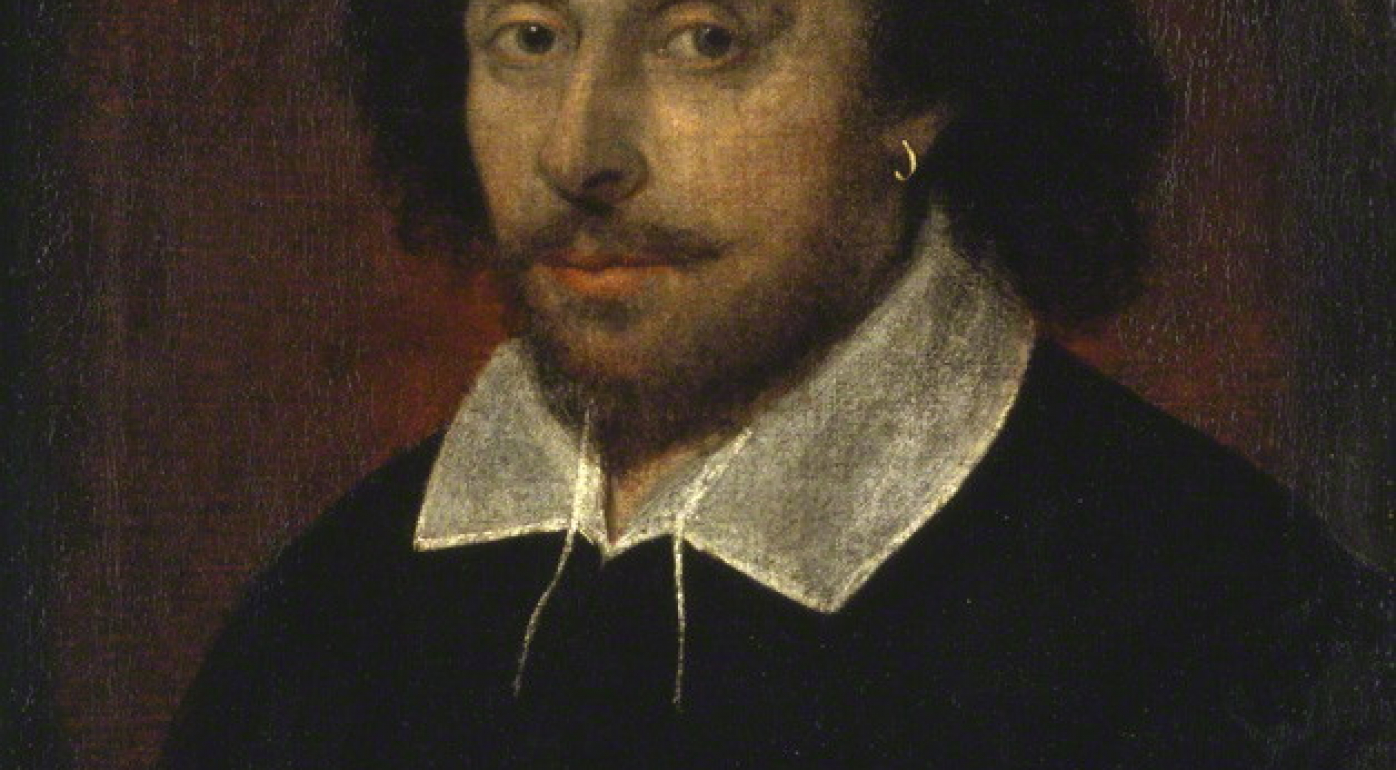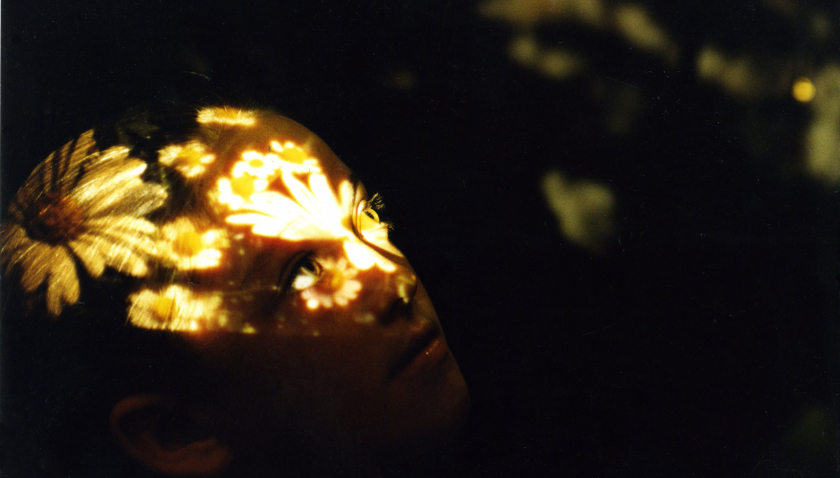Even when you’ve written a book about global Shakespeare, coming face to face with the enthusiasm that exists for him worldwide is still disconcerting. In Britain, our national poet is like the Queen or the red London bus – a reassuring part of the establishment, an inalienable if unexceptional part of our cultural identity (so much so that when the Home Office unveiled designs for a new passport last November, Shakespeare’s face was on every single page. He’s part of the furniture. We take him for granted.
Elsewhere, though, he’s something – well, else. There are more performances of Shakespeare’s plays put on in Germany every year than the UK. Indian filmmakers have created more adaptations of his stories than British or American directors combined. A recent British Council survey has it right, I think: when 18,000 people in 15 countries were polled, Shakespeare turned out to be more loved abroad than in the UK. In fact, Britain didn’t even make the top 10. Maybe the real shock is that this is news.
Still, it was a surprise – a hugely flattering one at that – to turn up at the venerable Tretyakov gallery in Moscow a few days after the 400th anniversary of the playwright’s death at the end of April and to find a lecture auditorium filled with curious faces, many of them young, eager to hear about my book Worlds Elsewhere: Journeys Around Shakespeare’s Globe. As part of the UK–Russia Year of Language and Literature 2016, the British Council invited me to visit and talk about my travels through Poland, Germany, the US, India, South Africa and China. The Tretyakov is currently hosting an exhibition of pictures from the National Portrait Gallery, including the so-called “Chandos” portrait of Shakespeare, the very first work to be acquired by the gallery when it was founded in 1856. Even if watertight identification isn’t possible (in Moscow, I tried to relay this fact as diplomatically as possible), the Chandos has long been a favourite with audiences – a more raffish, romantic portrayal of the playwright than the starchy image captured by Martin Droeshout in the frontispiece to the First Folio. Judging by the crowd gathered in front of the portrait when I visited, it isn’t only Britons who have fallen for the picture.
Even compared to the Shakespeare-lovers in Kolkata and Shanghai, the audience at the Tretyakov were as alert and inquisitive as any I’ve encountered (my particular thanks to Tamara Kalantarayan, the interpreter, who dealt valiantly with my numerous digressions and excursions from the script). In the question-and-answer session that followed, one young woman wanted to know more about the relationship between Shakespeare and communism in China, a revealing contrast with the USSR. Someone else wanted to get my perspective on the authorship debate. (I felt duty-bound to point out that it was an American conspiracy.) Afterwards, a large queue of people came up on to the stage, keen to share their own thoughts and snap selfies. I was even – briefly – pursued into the street. Such things are dangerous for an author’s vanity. But of course they were there for Shakespeare, not me.
There was one minor geopolitical incident. I had to confess during my talk that I’d wrestled with the idea of including Russia in Worlds Elsewhere and eventually, reluctantly decided against it – I had to draw the line somewhere, and the project was dangerously large as it was. The queue on the stage politely but repeatedly reminded me that Russia has its own proud Shakespearian tradition, dating back to the 1740s. None other than Catherine the Great put her name to a translation of The Merry Wives of Windsor in 1786; countless novelists and playwrights have been influenced by the plays, so much so that “Hamletism” was a fashionable malady among the nineteenth-century St Petersburg intelligentsia. Boris Pasternak’s own wartime translations were used in what many regard as the two greatest Shakespearian movies ever made, Grigori Kozintsev’s searing versions of Hamlet (1964) and King Lear (1971). “No one understands Shakespeare like the Russian people,” a man said as we stood there. “No one.”
So, my apologies: I did know this, and I’m very sorry indeed for not including Russia in my book. In a brief moment of madness I may have volunteered to write a second volume of Worlds Elsewhere, beginning – naturally – with Russia and its own special relationship with the English Bard. It’s still a tempting idea. I’ll have to persuade the British Council to invite me back.
Andrew Dickson was in Moscow as part of the UK–Russia Year of Language and Literature 2016 a joint celebration of written and spoken culture which considers the enduring influence of Shakespeare’s works on global and Russian culture.
• Andrew Dickson’s Worlds Elsewhere: Journeys Around Shakespeare’s Globe is out now in paperback from Vintage


